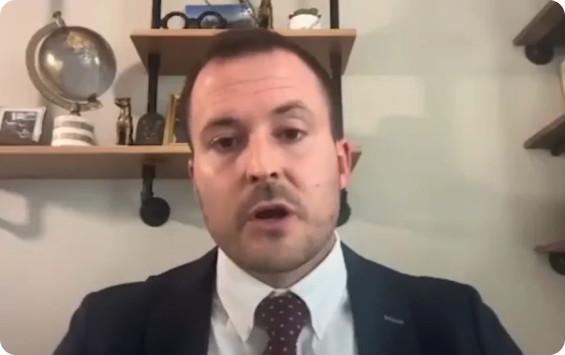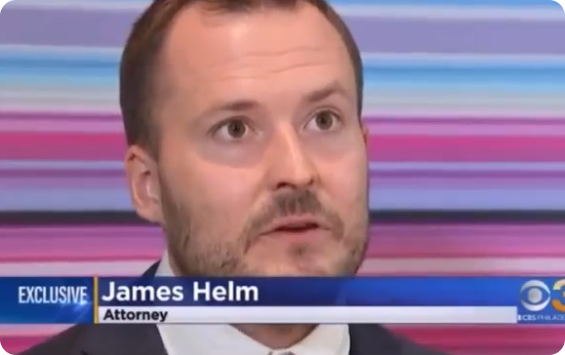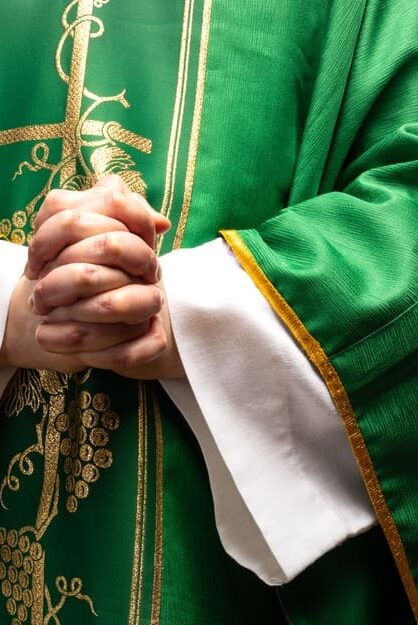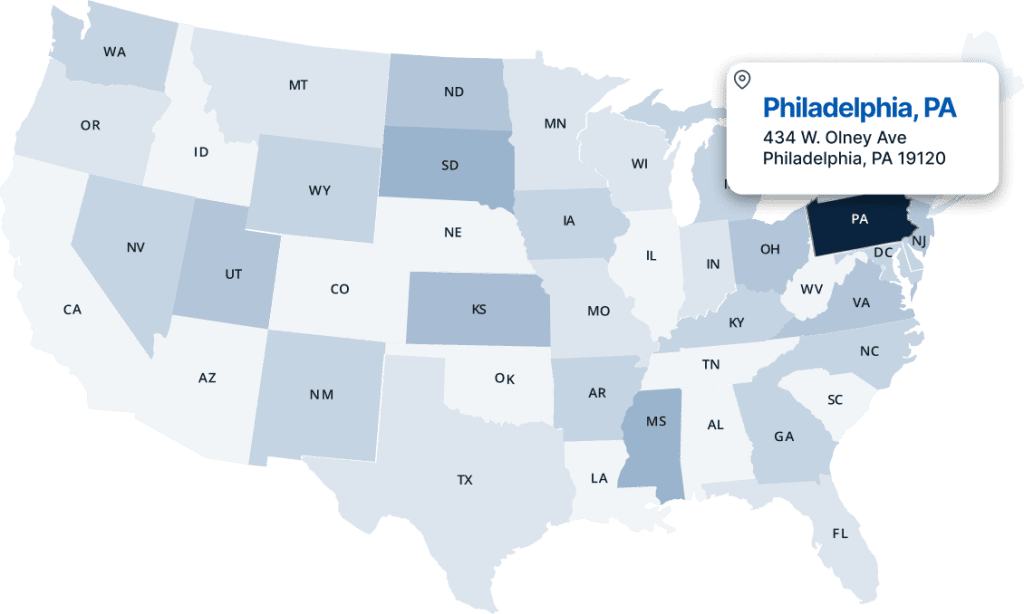Home » Illinois Clergy Sex Abuse Lawyer
In a shocking recent report, the Illinois Attorney General revealed that 451 Catholic clergy members were credibly accused of sexually abusing almost 2,000 children across the state since 1950.
For many survivors, the weight of silence and stigma has added further pain to their suffering, keeping them from justice. Thankfully, however, Illinois law allows survivors to take action and hold those responsible accountable.
For those who are ready to come forward, Illinois clergy abuse lawyers offer compassionate guidance and informed support, helping survivors achieve justice, accountability and protection.
TopDog Law’s network of attorneys in Illinois is dedicated to helping survivors across the state pursue justice, wherever and whenever abuse occurred.
We connect survivors with trusted, compassionate Illinois lawyers who tirelessly advocate for their rights and ensure that those responsible are held accountable.

It costs absolutely nothing to see if you have a case



In Illinois, clergy abuse survivors have pathways to seek justice that include financial compensation to help them rebuild and heal. Compensation can support recovery, accountability, and future protection for survivors and others.
Illinois law provides for different types of damages—economic, non-economic, and punitive—that each address unique aspects of the harm endured.
Illinois clergy abuse lawyers carefully assess each case to ensure that all applicable damages are included, taking into account both the financial toll and the profound emotional impact.
A local attorney will:
Develop a Comprehensive Case: By presenting clear, detailed evidence of the abuse’s impact, attorneys maximize the potential recovery amount, ensuring that each form of damage is acknowledged in court or settlement negotiations.
The Illinois Attorney General’s report served as a wake up call highlighting the widespread and lasting effects of abuse, spanning all six Catholic dioceses in Illinois. For many survivors, this acknowledgment has come after years, or even decades, of carrying the weight of unreported trauma.
The Attorney General’s report details the following information about Illinois dioceses:
The investigation revealed a much larger scale of abuse than previously acknowledged:
This is a stark contrast to the 103 substantiated child sex abusers that the Catholic dioceses of Illinois had publicly listed before the investigation.
The Attorney General’s office conducted a thorough investigation, including:
The report uncovered troubling patterns in the Church’s response to abuse:
The report also highlights the long-lasting effects on survivors:

Illinois has specific laws that govern clergy abuse cases, including recent reforms that provide greater flexibility for survivors to pursue claims.
With the right legal guidance, survivors can navigate these complexities and exercise their rights to hold offenders and institutions accountable.
Under the Illinois Childhood Sexual Abuse Act (735 ILCS 5/13-202.2), individuals who were sexually abused as children can file a civil claim within 20 years of discovering that the abuse caused their injuries, rather than within a set timeframe from the date of abuse.
This provision is especially impactful for those whose awareness of the trauma’s impact surfaces later in life.
Key points include:
Illinois has stringent mandatory reporting laws designed to protect vulnerable individuals from abuse, and clergy members fall under these mandates.
Illinois’s Abused and Neglected Child Reporting Act (325 ILCS 5/) establishes two important points:
Survivors of clergy abuse in Illinois can pursue both criminal and civil cases, though each path has different goals and processes:
While survivors of clergy abuse have more legal avenues than ever in Illinois, they still face significant challenges when pursuing justice.
Clergy abuse survivors often face emotional and psychological barriers that can make the legal process difficult.
These challenges may include:
Religious institutions often have powerful legal teams and extensive resources, and they may actively resist or downplay claims of abuse.
Some of the common tactics include:
Even with Illinois’s extended statute of limitations and mandatory reporting requirements, certain legal challenges remain in clergy abuse cases:
Illinois clergy abuse lawyers possess both the in-depth legal knowledge and the sensitivity needed to support survivors through complex cases. These lawyers work closely with clients, addressing not only the legal demands but also the emotional challenges that clergy abuse cases often bring.
Key services include:
If you or a loved one has been affected by clergy abuse, know that help is available, and justice is within reach.
Reach out to our team at 708-734-6928 today to discuss your case, and together we will help find a qualified, vetted lawyer in our network committed to pursuing accountability and helping you or your loved one move forward.

1517 W 54th Street #2
Chicago, IL 60609
TopDog Law is known for its relentless pursuit of justice. Our experienced team fights tirelessly to secure maximum compensation for our clients, ensuring every case is handled with dedication and determination.
We understand the emotional and financial toll that personal injuries can take. That’s why we prioritize open, compassionate communication and provide tailored support throughout the legal process. With free consultations and a contingency fee model, you won’t pay a dime unless we win your case.
With TopDog Law on your side, you can rest assured that you have a tenacious, experienced team fighting to get you the compensation you deserve, no matter where you’re located.

TopDog Law is a national marketing network for law firms, including Helm Law Group, LLC, which license the TopDog Law name and separately operate in states where they are each licensed. James Helm is licensed to practice in Arizona and Pennsylvania. Helm Law Group, LLC operates in Arizona.
3225 Cumberland Blvd, Ste 100
Atlanta, GA 30339
111 Presidential Blvd., Suite 251
Bala Cynwyd, PA 19004
1 South St, Suite 2125A
Baltimore, MD 21202
950 22nd Street N. Suite 600
Birmingham, AL 35203
361 Newbury Street, 3rd Floor
Suite 310
Boston, MA 02115
305 E 204th St.
Bronx, NY 10467
215 E 5th St, Unit 1 Suite 400-3
Brooklyn, NY 11218
1207 Delaware Ave, Suite 012
Buffalo, NY 14209
101 N Tryon St. Suite C
Charlotte, NC 28246
6343 S Western Ave.
Chicago, IL 60636
2217 E 9th St, Suite A
Cleveland, OH 44115
66 S Logan St Suite B
Denver, CO 80209
645 Griswold Street, Suite 1309
Detroit, MI 48226
863 Massachusetts Ave 2nd floor Suite B
Indianapolis, IN 46204
317 E Capitol St suite 200C
Jackson, MS 39201
1701 Troost Ave suite 202b
Kansas City, MO 64108
#8 Shackleford Plaza, Suite 304
Little Rock, AR 72211
8124 W 3rd St, Suite 201
Los Angeles, CA 90048
3385 Airways Blvd Unit 301F
Memphis, TN 38116
1433 N Water St Suite 400D
Milwaukee, WI 53202
600 Mount Prospect Avenue, Suite A
Newark, NJ 17104
66 Franklin St, Suite 300C
Oakland, CA 94607
5627 Germantown Ave Suite 420
Philadelphia, PA 19144
2700 N Central Ave Suite 320B
Phoenix, AZ 85004
6425 Living Place, Suite 200
Pttsburgh, PA 15206
920 West Sproul Road, Suite 201
Springfield, PA 19064
4625 Lindell Blvd Suite 200 & 300C
St. Louis, MO 63108
1150 Connecticut Ave NW, Suite 802B
Washington, DC 20036
6832 W North Ave Suite 2A
Chicago, IL 60707
3509 Haverford Ave, Suite 102
Philadelphia, PA 19104
Copyright 2025 All Rights Reserved © TopDog Technologies, Inc. and Helm Law Group, LLC
403 Olde House Lane Media, PA 19063
